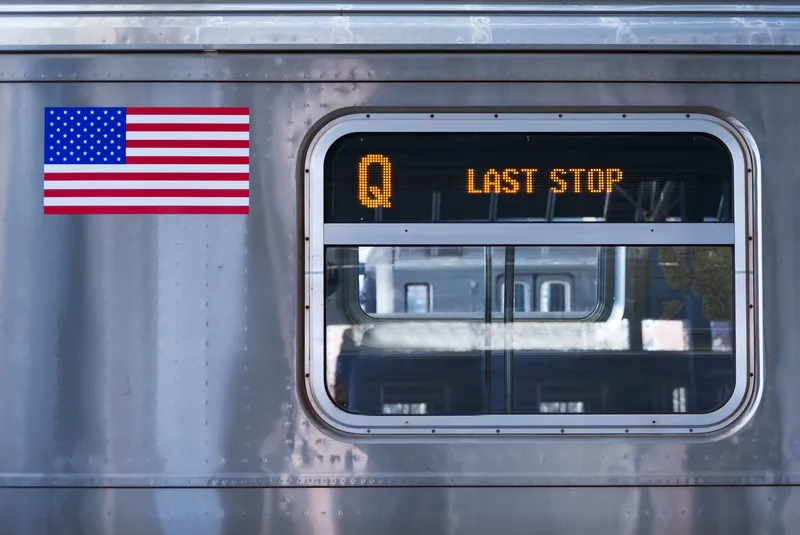New Flyer of America, subsidiary of New Flyer Industries, will provide 108 Xcelsior clean diesel transit buses to provide citizens of New York with reliable and safe transportation.
The New York City Transit Authority placed the order of the sixty-foot, heavy-duty vehicles.
This contract is said to add 216 equivalent units to New Flyer’s firm order backlog.
April 11, 2018
Read time: 1 min
New Flyer of America, subsidiary of New Flyer Industries, will provide 108 Xcelsior clean diesel transit buses to provide citizens of New York with reliable and safe transportation.
The New York City Transit Authority placed the order of the sixty-foot, heavy-duty vehicles.
This contract is said to add 216 equivalent units to New Flyer’s firm order backlog.








